
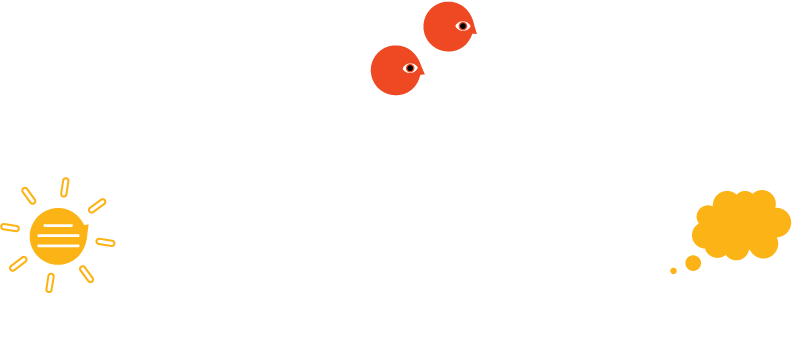
THE START OF MENTOR TOGETHER IS A STORY THAT REAFFIRMS THE POWER OF MENTORSHIP
The start of Mentor Together is a story that reaffirms the power of mentorship. As a soon-to-be college graduate, Arundhuti Gupta had several ideas about how she could make a difference in her city, but needed an initial push and a safe space to explore her abilities. Mentorship she accessed fortuitously helped her get started and discover how empowering it felt to work with young people and help them discover their potential. She was at the start of a career in Finance but chose instead to pay forward the mentorship she had received. She became a social entrepreneur to setup a mentoring movement for India, and Mentor Together was born in November 2009. Arundhuti is a globally recognised social entrepreneur: an Ashoka Fellow, a Brookings Echidna Global Scholar, a Salzburg Global Seminar Fellow, amongst many other honours.
Mentor Together has pioneered the field of formal youth mentoring in India, with numerous publications and reports, on the role of mentoring in supporting the lives of young people across India. In our programs, mentors and mentees use our uniquely designed evidence-based mentoring activities. We design processes that support a mentor and mentee from the time they onboard to become alumni, with a focus on incorporating effective mentoring practices. We have also designed our own technology platform - the Mentor To Go app - to connect mentors and mentees across the country.
PROBLEM STATEMENT
There has been a phenomenal increase in the number of students in tertiary education. Today, there are close to 40 million young people studying in Universities across India, with women representing an equal share of this number. This number will only grow as our National Education Policy has set a goal of increasing enrollment in tertiary education from 33% to 50% in the next 10 years.
Yet, when we look at what happens after students graduate, two things stand out: first, that almost 50% of all graduates are not found employable, and second, only 30% of the women with tertiary education are active in the workforce.
We see 3 key underlying root causes for this problem:
First: the skill deficit: College curriculums rarely address the skills employers value most, like problem-solving, self-management, and working with people. These types of 21st-century skills are also not built by having teachers speak about them in a classroom.
Second: the network gap: Our networks shape the information we access, the role models we learn from, and the opportunities we get. For most young people, especially young women, their professional networks are very small, and consequently their aspirations and opportunities are also limited.
And third, restrictive social and gender norms: a main contributing factor for young women not entering or sustaining in the workforce are existing social and gender norms on the role of women as family caretakers, especially when they marry or start families.

Solution
A mentoring practice and policy ecosystem embedded within the tertiary education system can address these 3 barriers to create systemic change. Here's how:
For skill deficits: Mentoring relationships can be significant mechanisms for emotional, cognitive, and identity development. Through the course of engagement between a mentor and mentee, a mentee can learn interpersonal skills that can generalize to contexts beyond the mentor, critical-thinking and reasoning skills through exposure to new information and horizons beyond their immediate access, and identity and positive self-belief through active exploration with the mentor of current and future selves (Rhodes et al 2006).
For network gaps: Mentoring networks inherently contain immense social capital. Close and trusting relationships within the mentoring program can help mentees and mentors build a shared sense of values and norms despite differences in age, class, socio- economic status, etc. A mentor from a career field a mentee is interested in can be a bridge and a ladder, helping connect them to opportunities and more accurate information about the field.
For social norms: A large mentoring network can change culture and norms through what is understood as the faster-moving component of cultural change: social interactions among secondary socialization networks (as compared to the slower-moving intergenerational transmission and socialization between children and parents) (Cavapozzi et al 2021). A mentoring network that has egalitarian norms and is seen as consisting of important influencers in traditional societies could effectively corral new ideas and influences against restrictive social norms, and persuasively communicate or make available such ideas not just to mentees but also to families.
A key fulcrum of our strategy is to leverage the digital opportunity presented by India’s exponentially growing internet user base, to make mentorship available to larger, and more varied groups of young people, especially young women in India, even those in constrained situations. A second key lever is to work closely with the state higher education system and India’s corporate social responsibility system to embed mentoring in education and employment, such that young people have a rich web of digital support starting from when they enter tertiary education, and continuing over their entire career span.
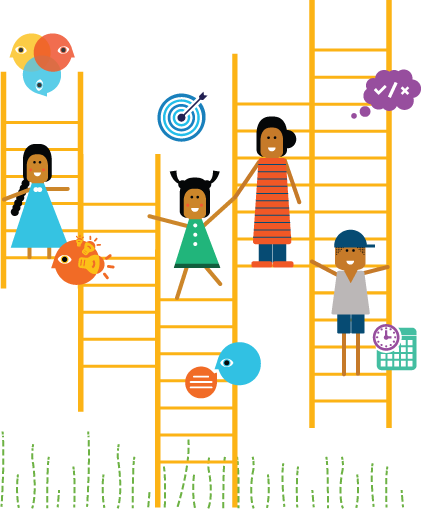
Our Team
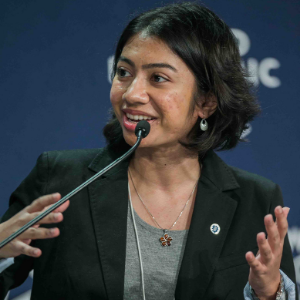 Arundhuti Gupta
Founder & Chief Executive Officer
Arundhuti Gupta
Founder & Chief Executive Officer
 Srikrishna Ramamoorthy
Managing Trustee; Partner, Unitus Seed Fund
Srikrishna Ramamoorthy
Managing Trustee; Partner, Unitus Seed Fund
 Sunitha Viswanathan
Trustee; Partner - Kae Capital
Sunitha Viswanathan
Trustee; Partner - Kae Capital
 Archana Chavan
Associate Director - Operations
Archana Chavan
Associate Director - Operations
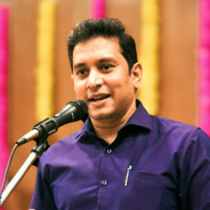 Manish Lal
Associate Director
Manish Lal
Associate Director
 Gunashekar Maria Sella Kulandai
Senior Program Manager
Gunashekar Maria Sella Kulandai
Senior Program Manager
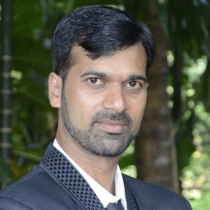 Patrick Fernandes
Senior Program Manager
Patrick Fernandes
Senior Program Manager
 Nisha Nair
Senior Manager - Curriculum & Content
Nisha Nair
Senior Manager - Curriculum & Content
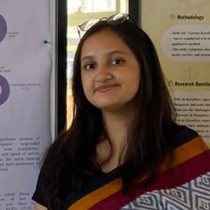 Hifza Azeem
Program Associate
Hifza Azeem
Program Associate
 Madhura Kamat
Senior Program Manager
Madhura Kamat
Senior Program Manager
 Vijay Kumar B C
Lead: Mentee Partners
Vijay Kumar B C
Lead: Mentee Partners
 Ashitha Mariat Paul
Program Lead
Ashitha Mariat Paul
Program Lead
 Santosh Goud
Lead: Monitoring, Evaluations, & Learning
Santosh Goud
Lead: Monitoring, Evaluations, & Learning
 Prerana Chidanand
Lead: Program Excellence
Prerana Chidanand
Lead: Program Excellence
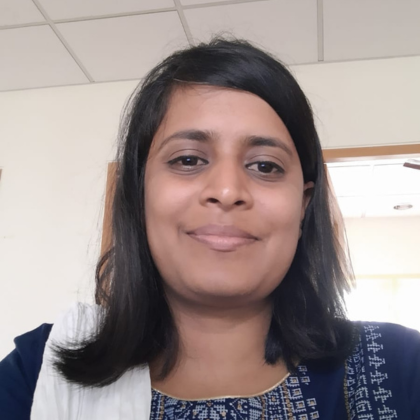 Abigail Jacinth Curnow
Program Excellence Specialist
Abigail Jacinth Curnow
Program Excellence Specialist
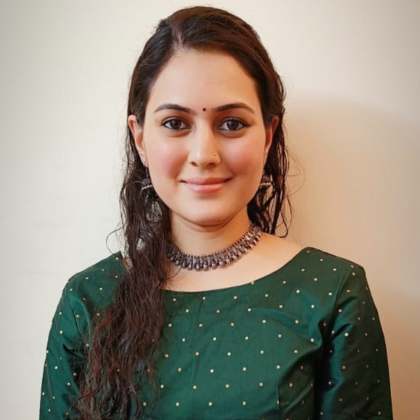 Gayatri Pannagash
Curriculum and Content Specialist
Gayatri Pannagash
Curriculum and Content Specialist
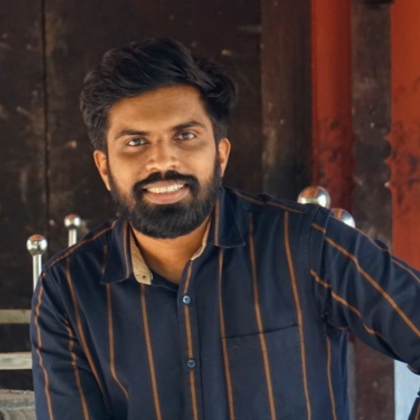 Sayooj N
Product Lead
Sayooj N
Product Lead
 Megha M
Senior Program Associate
Megha M
Senior Program Associate
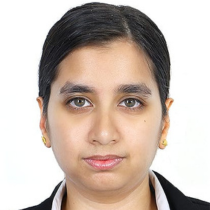 Leepakshi Sharma
Program Associate
Leepakshi Sharma
Program Associate
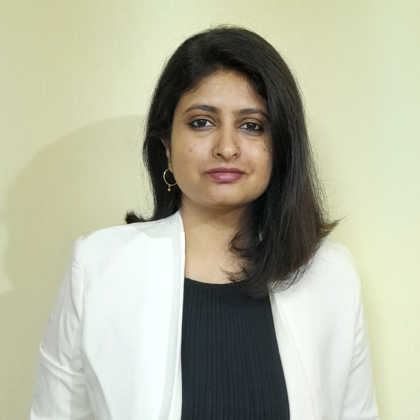 Madhushree L
Senior Program Associate
Madhushree L
Senior Program Associate
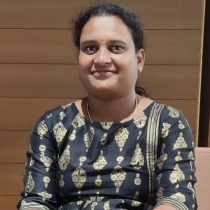 Sheela H
Senior Program Associate
Sheela H
Senior Program Associate
 Mamatha J
Senior Program Associate
Mamatha J
Senior Program Associate
 Mekhna Rose Alex
Program Associate
Mekhna Rose Alex
Program Associate
 Soheli Chanda
Program Associate
Soheli Chanda
Program Associate
 Shwetha Abraham
Program Associate
Shwetha Abraham
Program Associate
 Pravin Ramesh Jawale
Program Associate
Pravin Ramesh Jawale
Program Associate
 Swati Sharma
Program Associate
Swati Sharma
Program Associate
 Roshan Ghadi
Program Associate
Roshan Ghadi
Program Associate
 Swathi Adulapuram
Junior Program Associate
Swathi Adulapuram
Junior Program Associate
 Annie Raichel Joseph
Program Associate
Annie Raichel Joseph
Program Associate
 Dinesh Pulla
Program Associate
Dinesh Pulla
Program Associate
 Meera Rajagopal
Program Associate
Meera Rajagopal
Program Associate
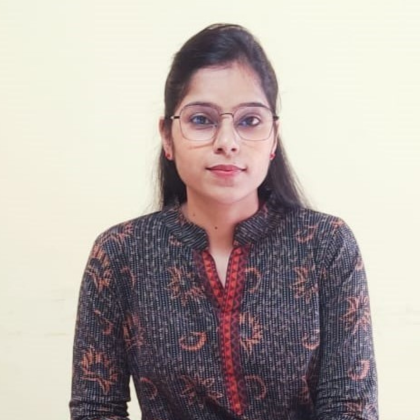 Jyotsna Dnyandeo Jagadale
Program Associate
Jyotsna Dnyandeo Jagadale
Program Associate
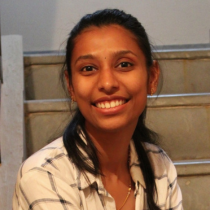 Neethu Suresh
Program Associate
Neethu Suresh
Program Associate
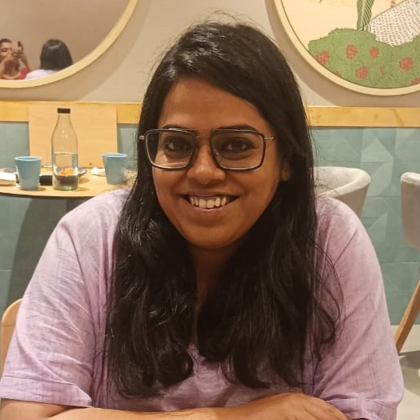 Namrata Bose
Senior Program Associate
Namrata Bose
Senior Program Associate
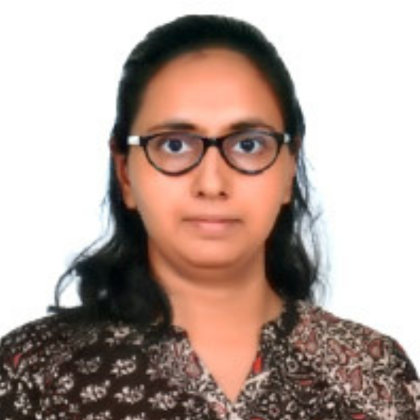 Upasana Deshpande
Program Associate
Upasana Deshpande
Program Associate
"Mentor Together's programmes are designed to create impact. Mentor and mentee screening and matching are carefully done. We have a matching algorithm, which was developed in partnership with Thoughtworks Bangalore, where we look at 13 different aspects where mentors and mentees may match like common hobbies, career interests, personality traits and languages."
"The density and increasing popularity of mentoring organizations is indeed heartening, helping to push this niche field forward," says Arundhuti Gupta, who started India's first mentoring program, Mentor Together (MT) in 2010. Everybody is focusing on different pieces of the puzzle, working with different age groups, geographies and lessons."
“The hand-holding goes far beyond studies as well: "I tell Kavya about my traumas, troubles and doubts and she listens patiently to everything and never judges me on the basis of such information. Instead she asks me questions and in the process of answering her questions about my feelings I find my answers on my own. I am ever so grateful for her in my life. Whatever happens, whoever leaves me, I know she'll always be there," added Valli.”
"Altering the choices of India's disadvantaged youth also requires an expansion of their social networks. Their communities have few role models who can guide the next generation with professional advice. Mentorship has been a part of urban youth community programmes around the world for nearly a century, but is a fairly new intervention with children and youth in India. When Arundhuti Gupta launched Mentor Together in 2009, there were only a couple similar programmes in the country."
"Mentor Together's programmes are designed to create impact. Mentor and mentee screening and matching are carefully done. We have a matching algorithm, which was developed in partnership with Thoughtworks Bangalore, where we look at 13 different aspects where mentors and mentees may match like common hobbies, career interests, personality traits and languages."
"The density and increasing popularity of mentoring organizations is indeed heartening, helping to push this niche field forward," says Arundhuti Gupta, who started India's first mentoring program, Mentor Together (MT) in 2010. Everybody is focusing on different pieces of the puzzle, working with different age groups, geographies and lessons."
“The hand-holding goes far beyond studies as well: "I tell Kavya about my traumas, troubles and doubts and she listens patiently to everything and never judges me on the basis of such information. Instead she asks me questions and in the process of answering her questions about my feelings I find my answers on my own. I am ever so grateful for her in my life. Whatever happens, whoever leaves me, I know she'll always be there," added Valli.”
"Altering the choices of India's disadvantaged youth also requires an expansion of their social networks. Their communities have few role models who can guide the next generation with professional advice. Mentorship has been a part of urban youth community programmes around the world for nearly a century, but is a fairly new intervention with children and youth in India. When Arundhuti Gupta launched Mentor Together in 2009, there were only a couple similar programmes in the country."




